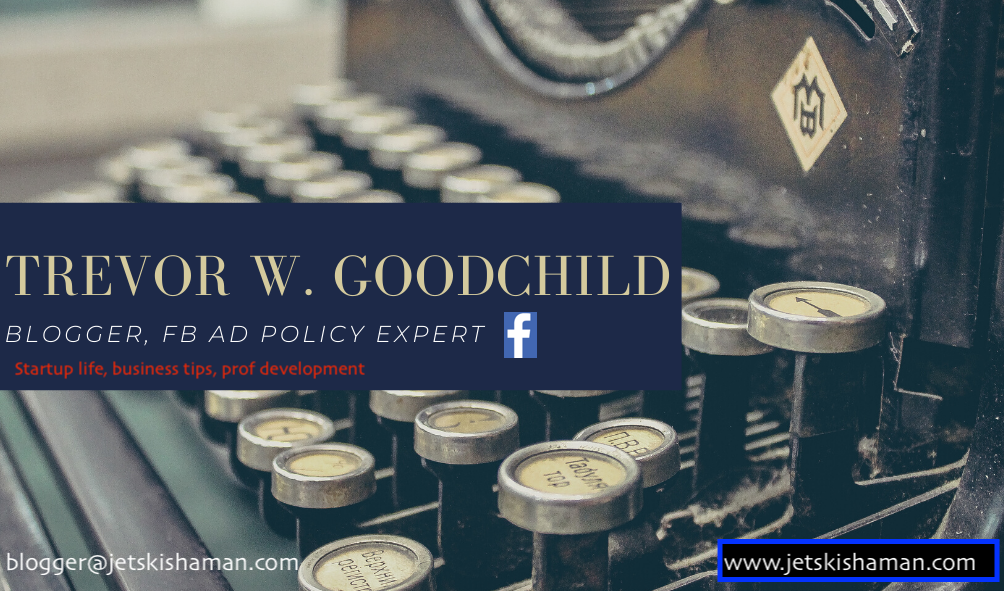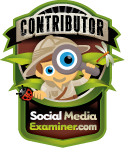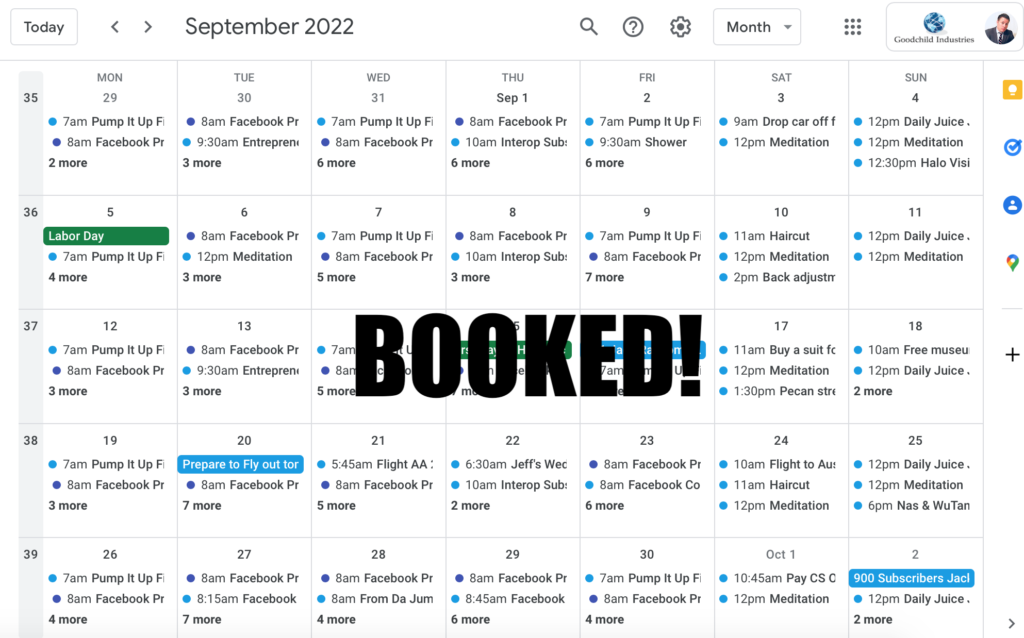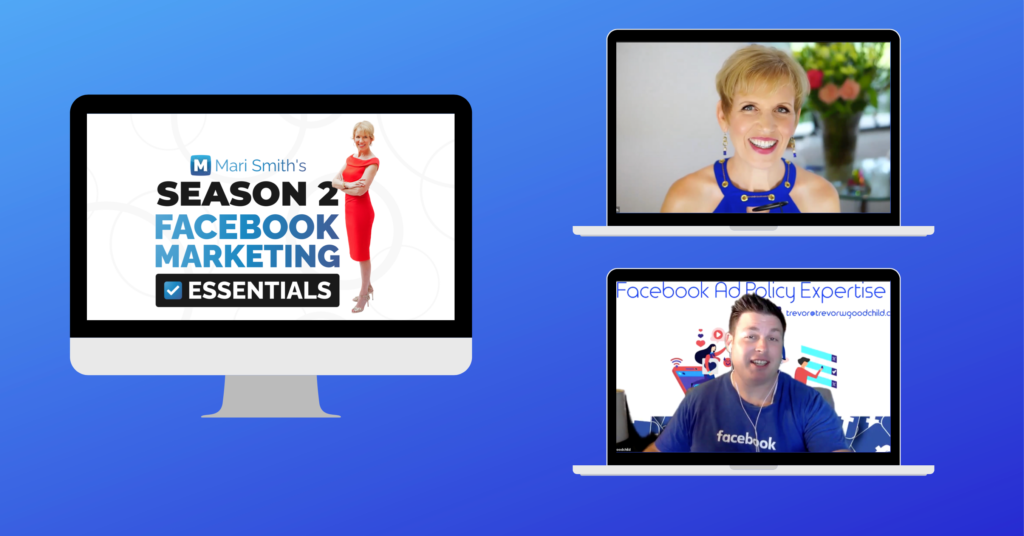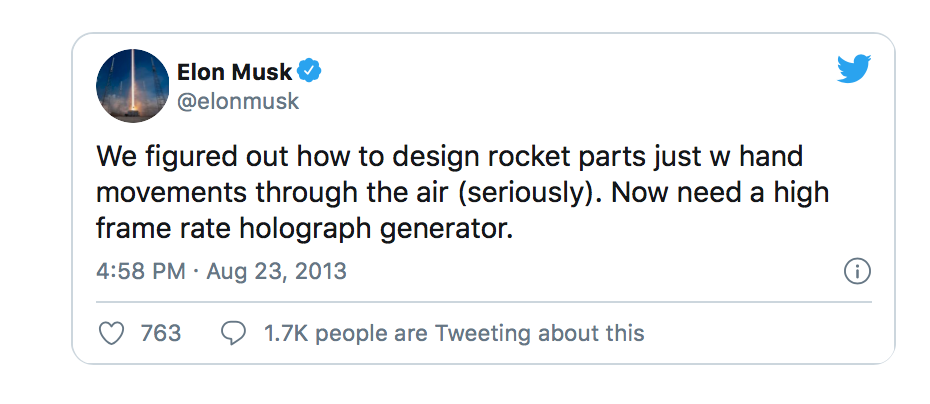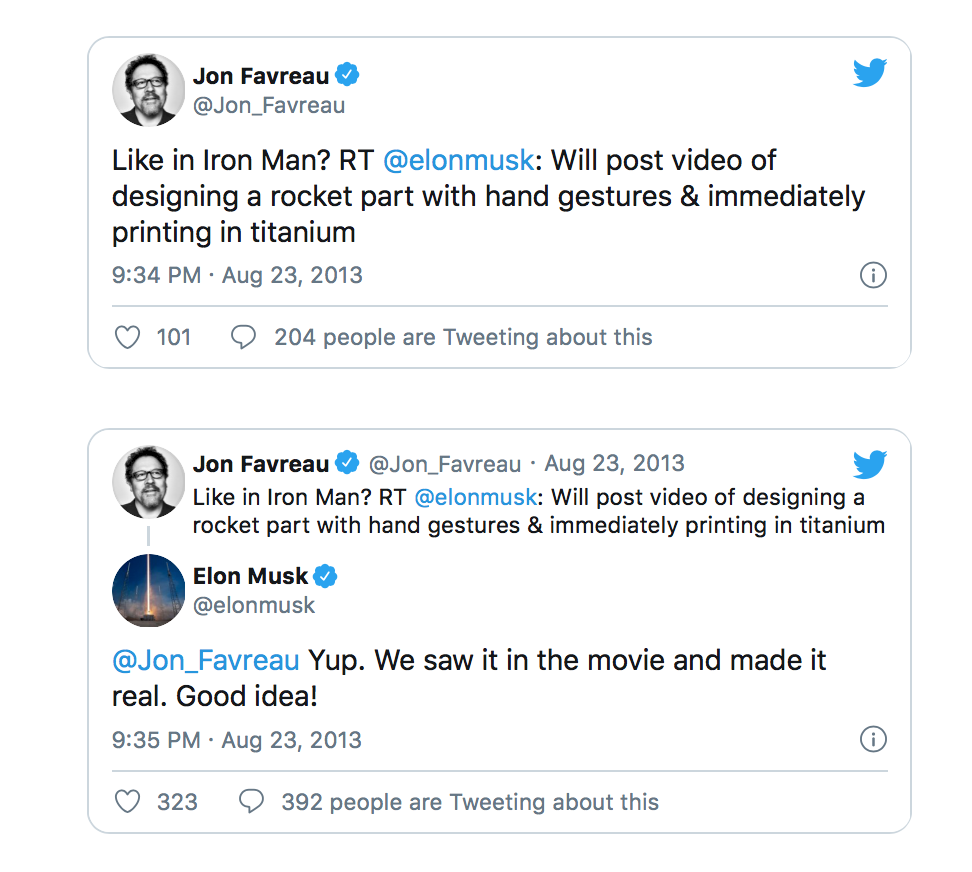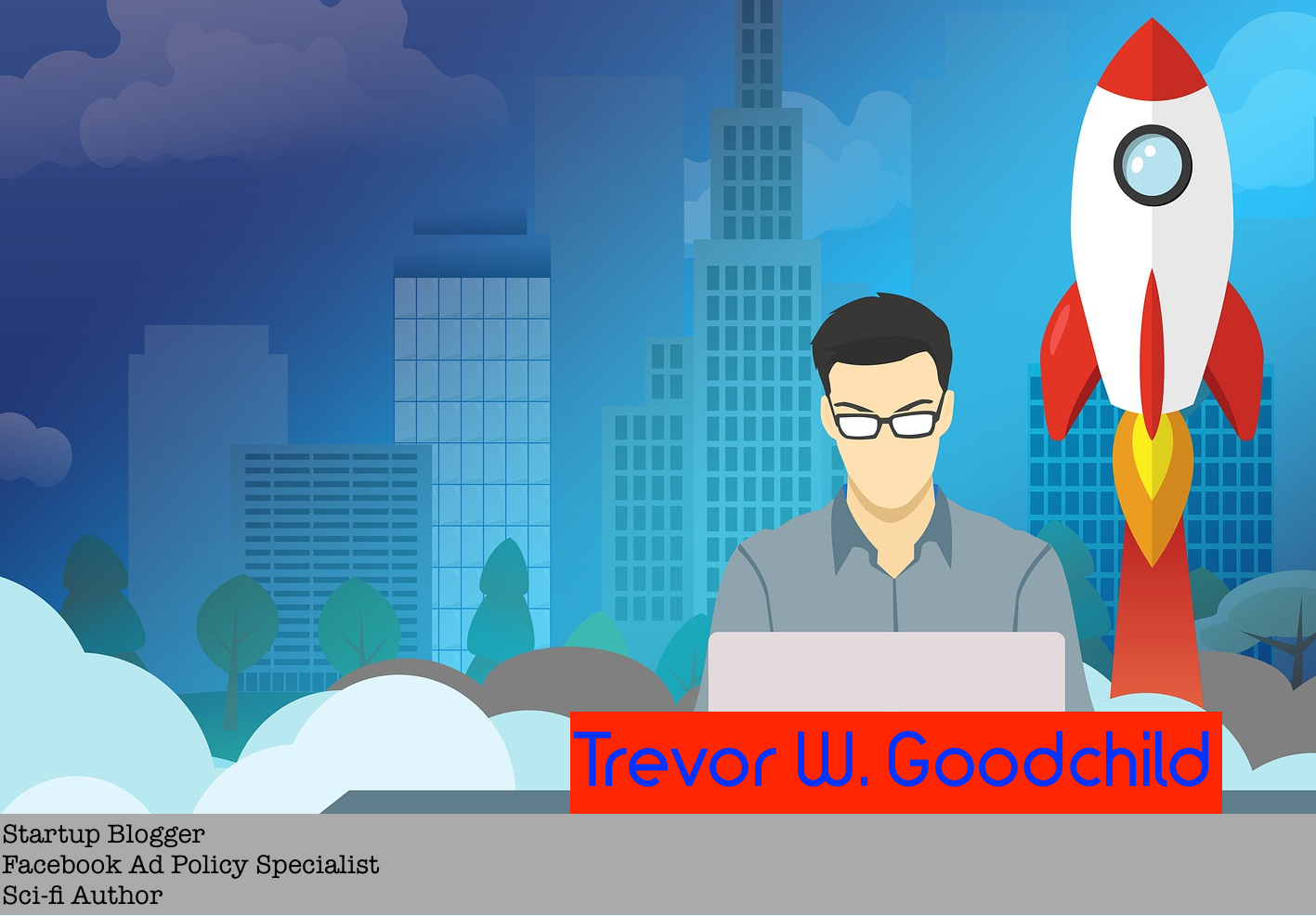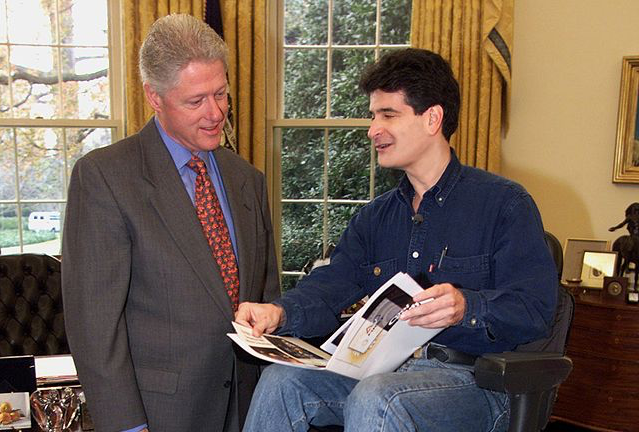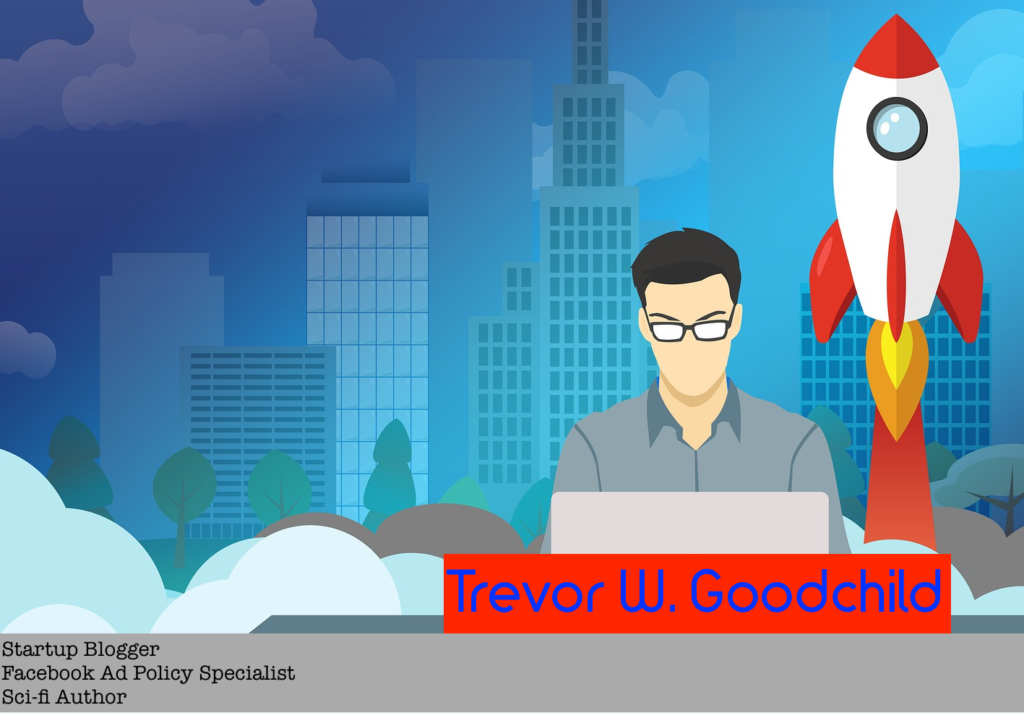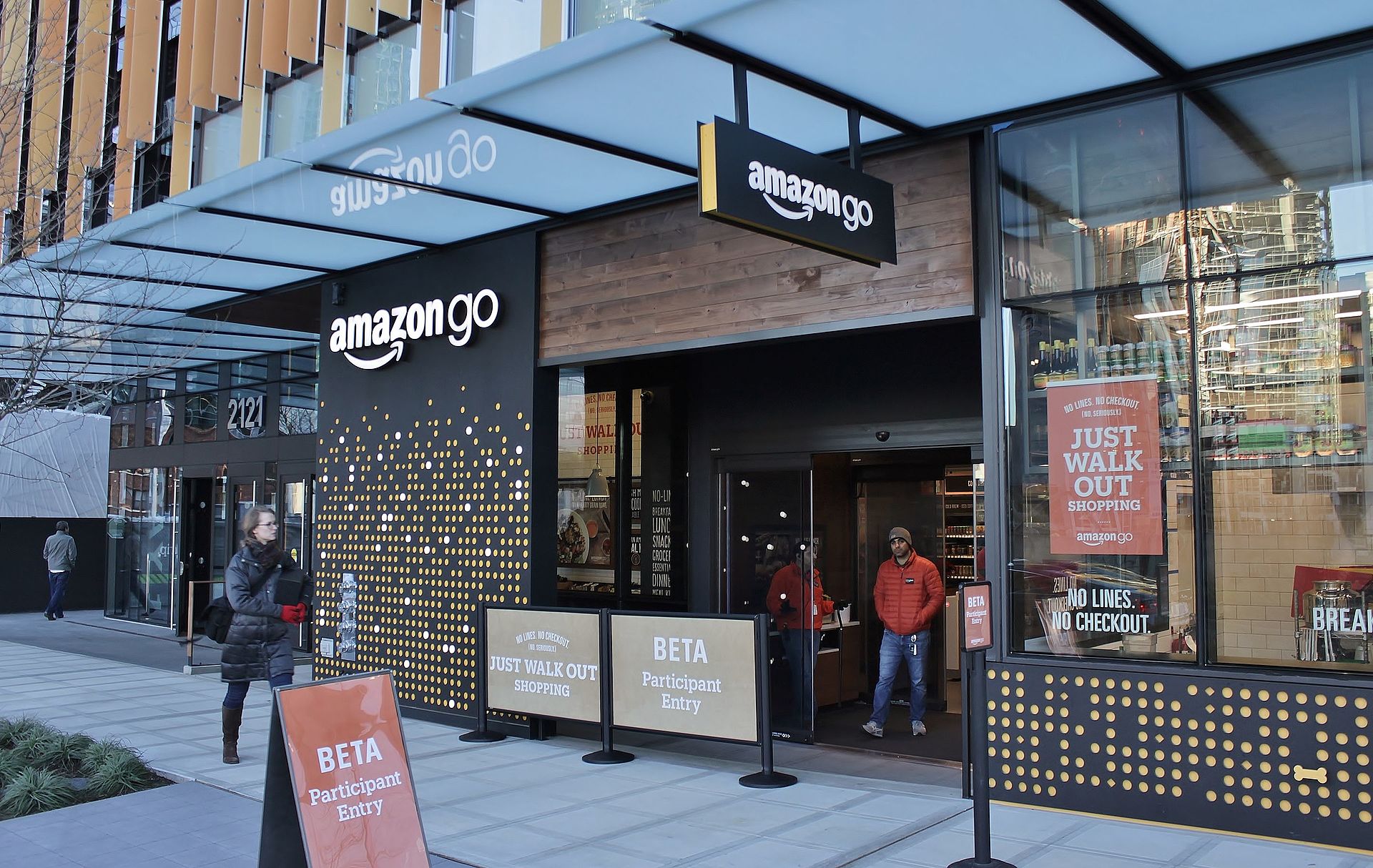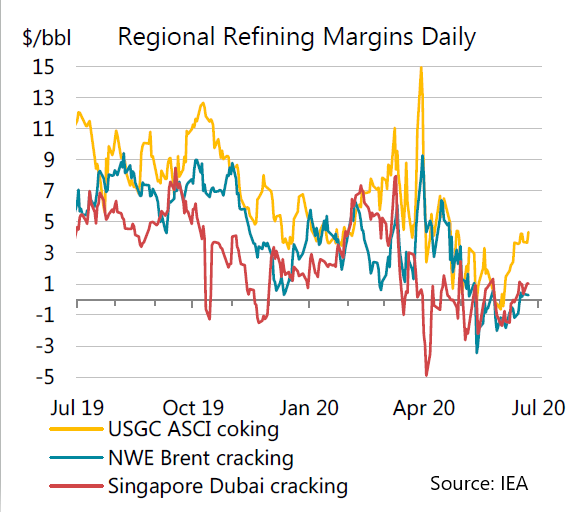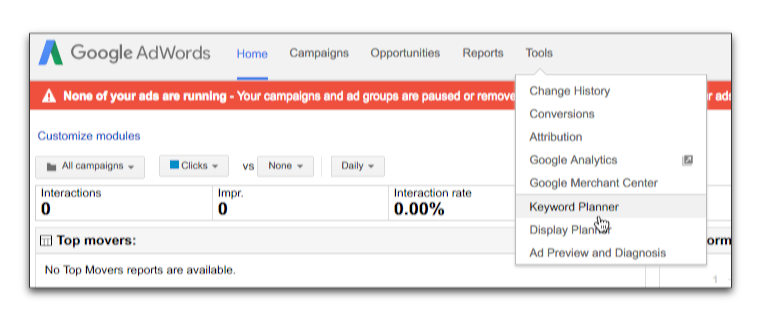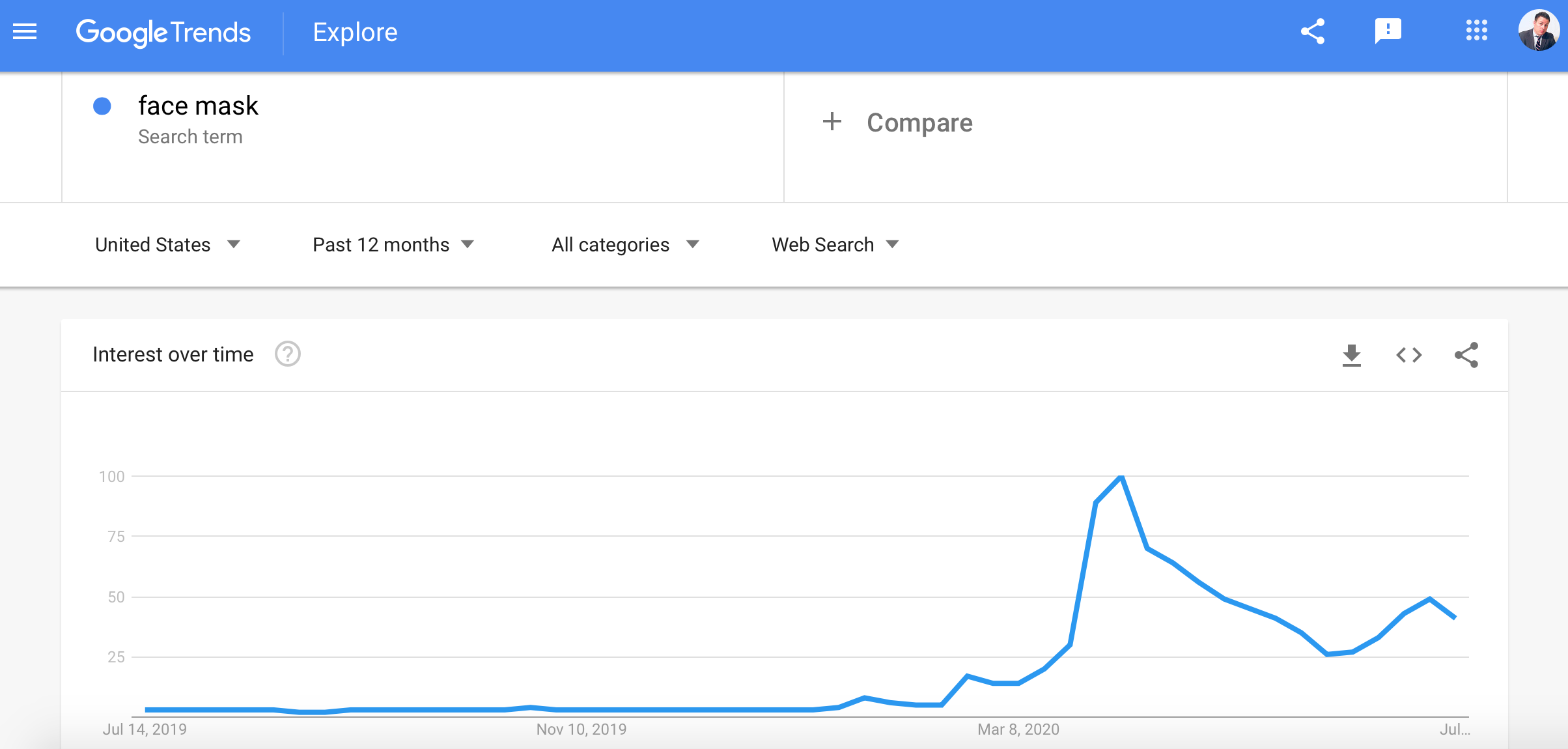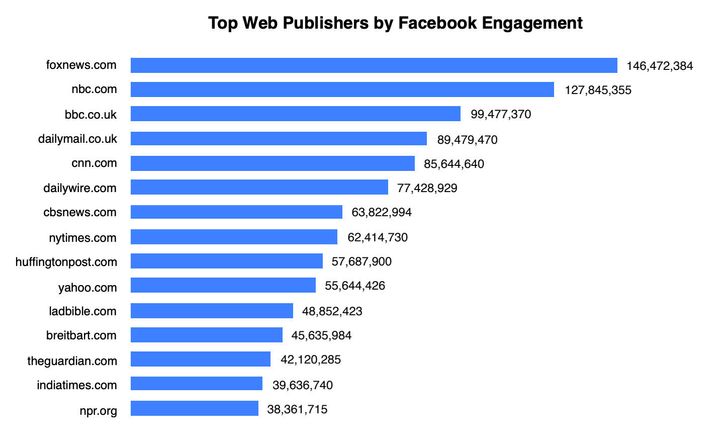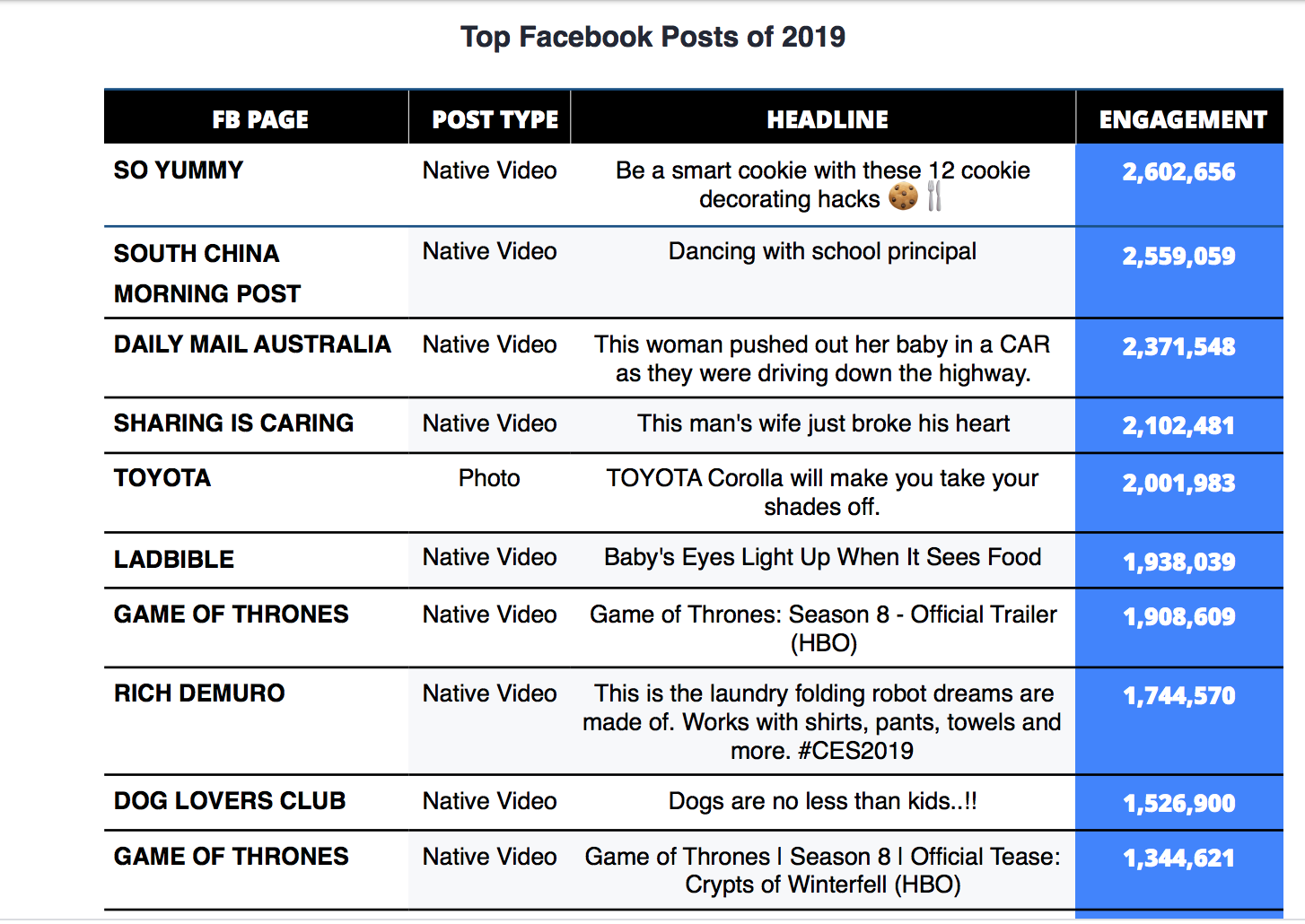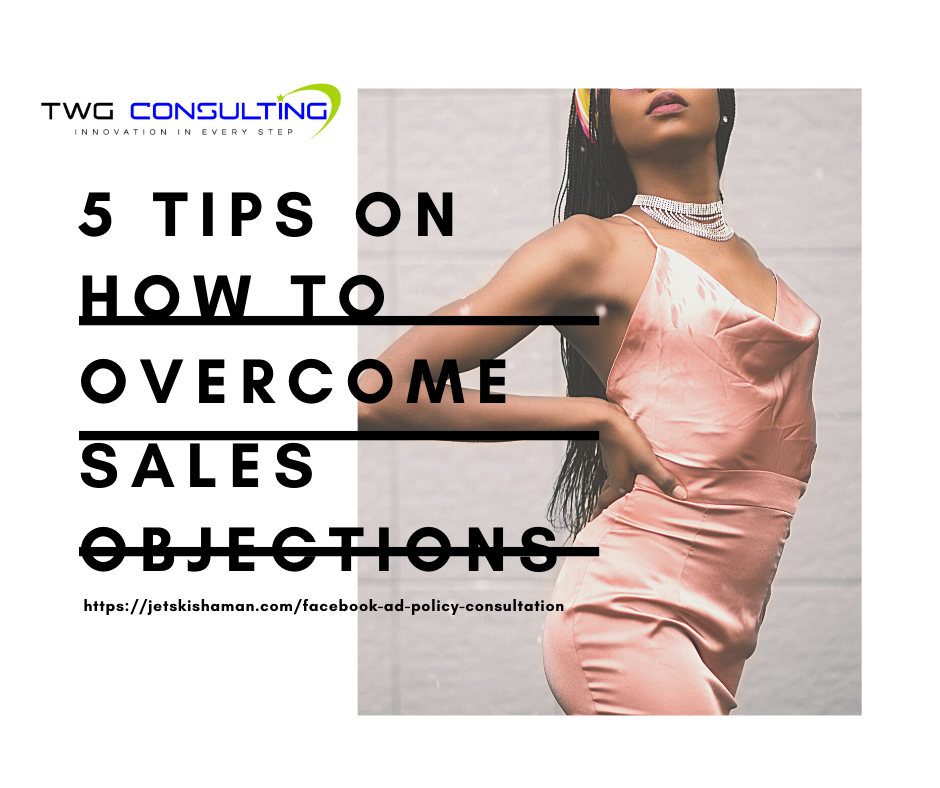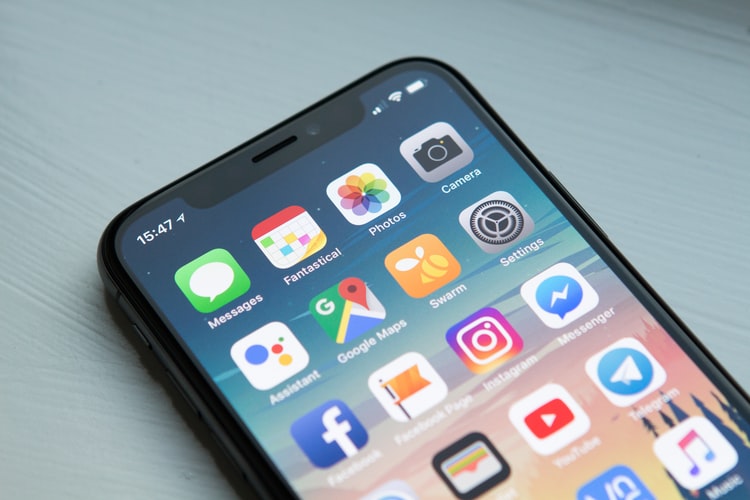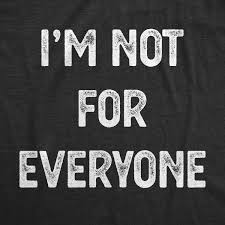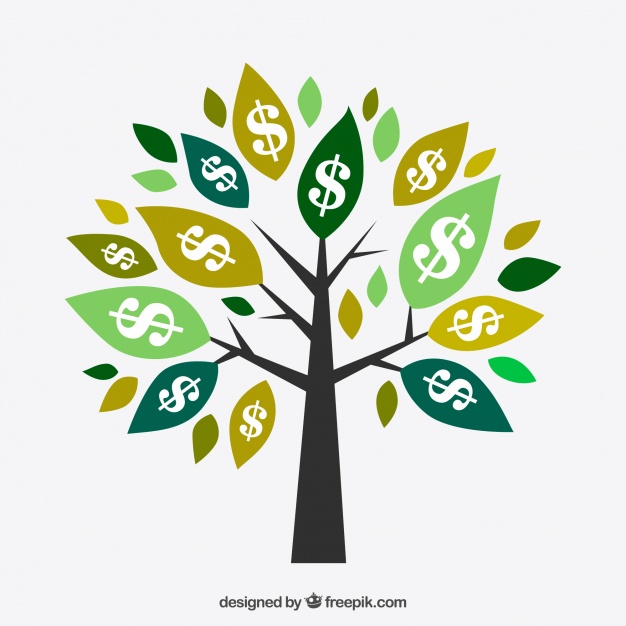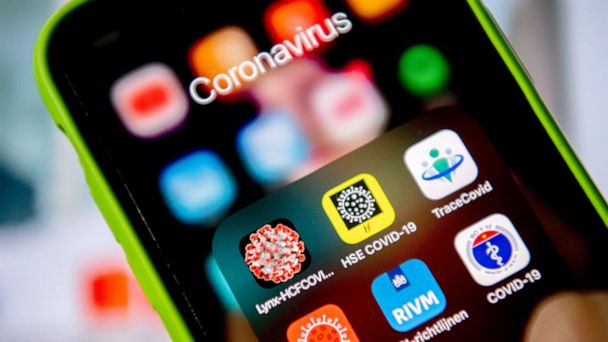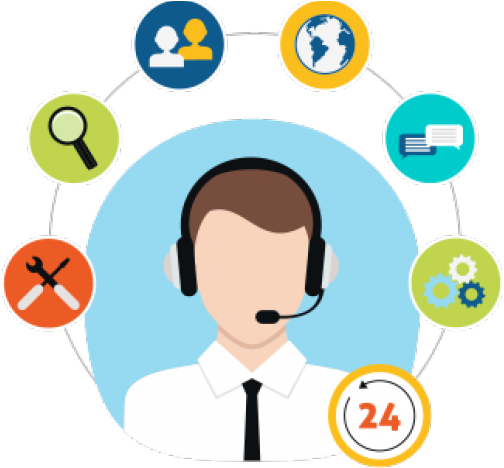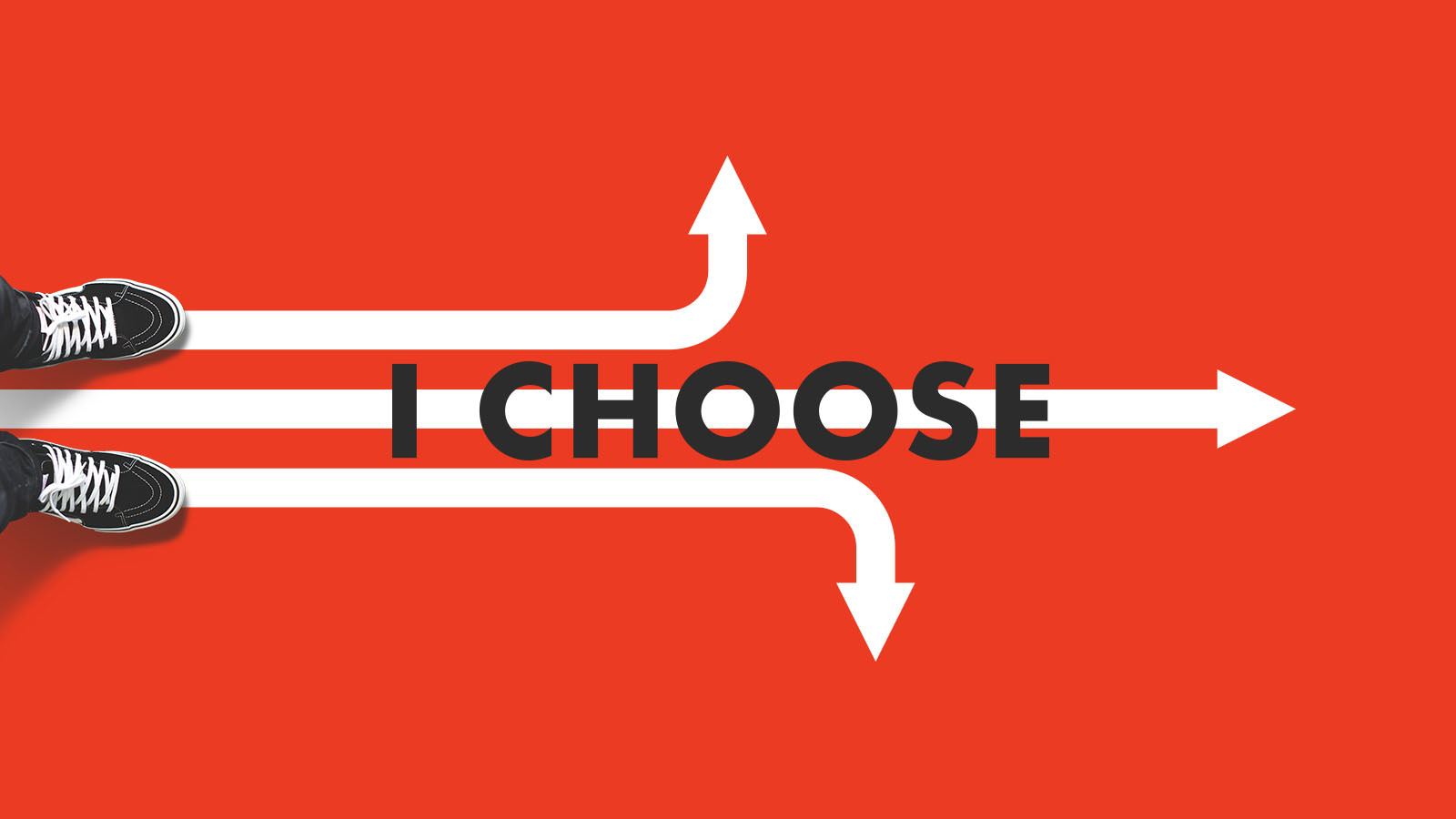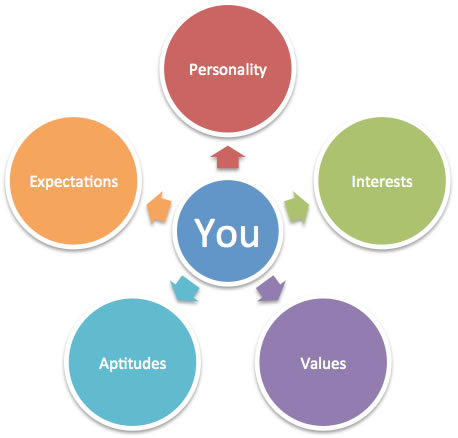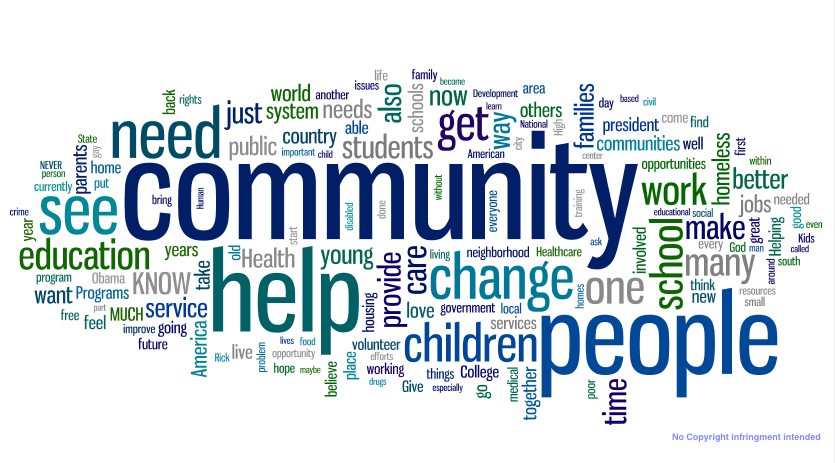
"The greatest obstacle to discovering was not ignorance but the illusion of knowledge." - Daniel J. Boorstin
How many businesses have closed their doors since March 2020? Over 100,000 according to the Washington Post.
While there are certain obstacles that can't be overcome due to restrictions the government has chosen to apply to cities across the world, there is also a deeper rooted problem in how businesses think about change & admitting there may be a better way of doing things.
Why did Blockbuster go out of business despite Reed Hasting offering to sell Netflix to Blockbuster in the Y2K year of 2000, for $50 million dollars? According to Forbes, Netflix is now valued at $194 billion dollars.
It was time for a change from the old guard to the new guard, but Blockbuster fell behind because they were attached to old ideas and processes and a pretense of knowledge about their audience.
The artifice of knowledge (eg we already know it all) closes our perception from new signals from outside sources that are the catalyst for growth and opportunity.
If you'll look at any recent political issue, you can see people prefer mentally vivid images versus accurate data. The images stick with us, everyone loves a good story. But doing the legwork to verify the claims made by memes-gone-viral that doesn't interest us.
More than ever, most stuck with their habit, and routine even when the advantages of changing far outweigh the cost.
Established routines in our lives and in the businesses we work at and run can often obscure the chance to improve on the design.
When we look at processes themselves, we see that they are by definition created to solve yesterday's problems. And yet the world keeps changing with new problems but many processes stay the same.
Countless people are applying for unemployment right now, and in the state of Texas the Texas Workforce Commission's website is woefully out of date.
Many are denied claims because of this outdated technology, and the same goes for veterans who gave their eyesight, life or a limb in service of their country.
Yet VA benefits are withheld, or backlogged on a pen and pad not computerized so long that Vets often die before getting the benefits they need to survive. Especially now.
The DMV is the same way. As are many other industries. And it comes down to a way of thinking.
If we don't question the processes we are using, and treat processes like a religion, this can get in the way of progress and forward momentum.
The heart of many large organizations becomes clogged with antiquated procedures that serve no one, and benefit only those too lazy to examine what can be done that's better.
Sometimes it's important to simply ask:
"Do we own the processes we use or do the processes we use own us?"
It's easier to conform ourselves to doing things the same way they've always been done.
In fact there is even scientific data showing that fighting against the urge to conform activates the amygdala and produces pain to think independently.
One of the ways we can break free of being slaves to outdated processes that hurt our businesses like Blockbuster adhering to an unsustainable business model, is by breaking things down to their essence and shifting perspectives.
In my Elon Musk blog about First-Principles thinking, I discussed how Musk used this way of thinking to create SpaceX, reducing the cost of buying a rocket by creating a company that built and launched rockets.
Right now more than ever we need to be on the balls of our feet, ready to adapt to sudden changes in the market. I have an exercise that will you help develop first-principles thinking for your business.
Take 1 day out of your week to question what seems obvious. Question all the foregone conclusions about how things are and how they are supposed to be.
Question all the assumptions you have ingrained as just facts of life, about your business and your goals.
Question these assumptions to expose the invisible limitations that control your life and impose artificially low ceilings to what you can achieve.
With each presumption you have, ask yourself:
"How could this be different?"
"What if the way I do this was better, what would that look like?"
"Why are we doing things this way?"
"Can I replace this process with a better one? Or get rid of this process all together?"
Make sure to support your new ideas with current evidence which demonstrates feasibility, not just outdated ideas from last year's playbook.
Many of the limitations and many of the processes we created were made in response to problems that don't even exist anymore.
When we remain stuck in the perpetual unchanging loop of old processes, we don't act. When we refuse to act we become attached to the mirage of our self-importance.
New thinking risks our old image of ourselves and our business. It risks admitting we may not be as self-important as we thought, if we can find a new way to do things better than your last year's you had created.
Is it worth the risk? Well you can be broke with your pride intact like Blockbuster, or risk feeling a little less self-important with more disposable income, because you chose to re-think a better way of doing business.
And it isn't just business. You can apply this way of thinking to find the source material inside you to become the architect of the new you.
You'll have to let go of how self-important you felt about the old model but it is often required to move beyond tactics to using a winning strategy.
There is a much greater risk involved in remaining stagnant, and not acting. We've all seen massive changes since the historic COVID-19 stay-at-home orders in March this year were dictated. Trillions lost in the stock market.
Those who learned how to think about their business differently survived. But you can't just think outside the box. You have to walk around the box and say,
"If I wanted to destroy my company what would I do?"
This will let you find out ways your competition is succeeding that you aren't and ways to put redundancies in to safe guard against new market changes which threaten to destabilize an industry.
Thinking this way allows you to stay ahead of the curve. When looking at a more successful business in your niche, ask yourself - thinking about your competition's customers:
"Why are they making this decision?"
It's because they believe in something you don't, finding what that is, and adapting it for your business - or better yet creating an improved model for that which is even better - is how you stay in business.
What's a new way you can do business? Comment below!
. . .
Enjoyed this blog? Signup here to get updates on new startup blogs.
Is Facebook not explaining why they disapproved an ad?
I worked at FB for years and offer FB Policy Consulting here
Available for freelance writing and guest posting on your blog: [email protected]
